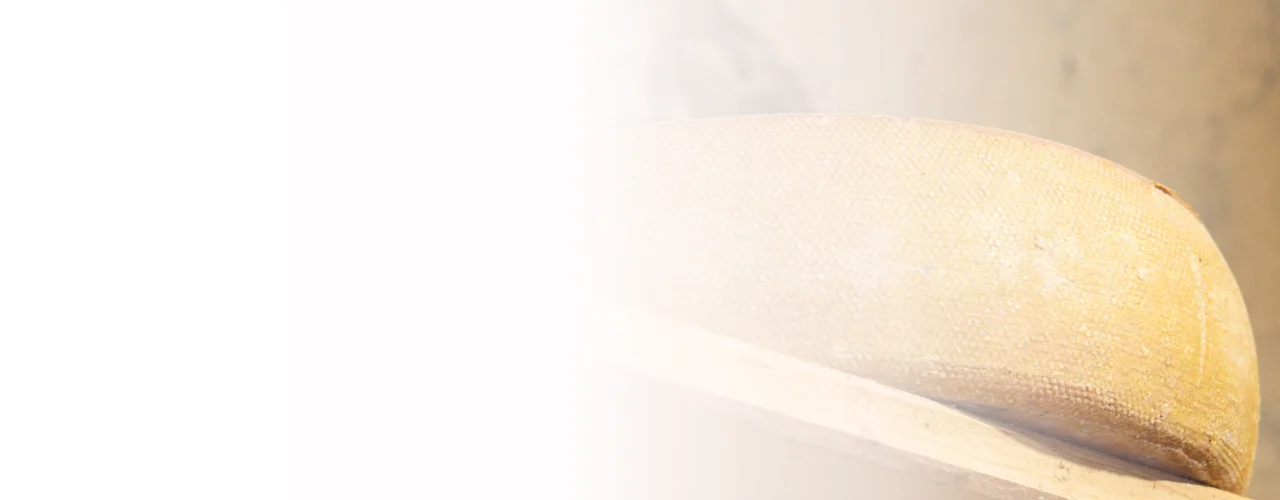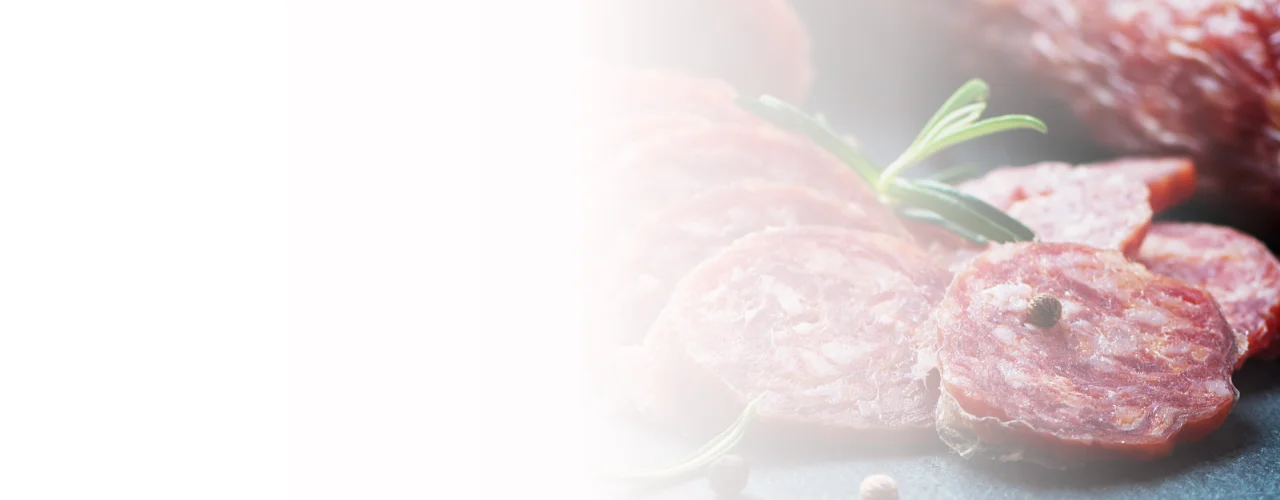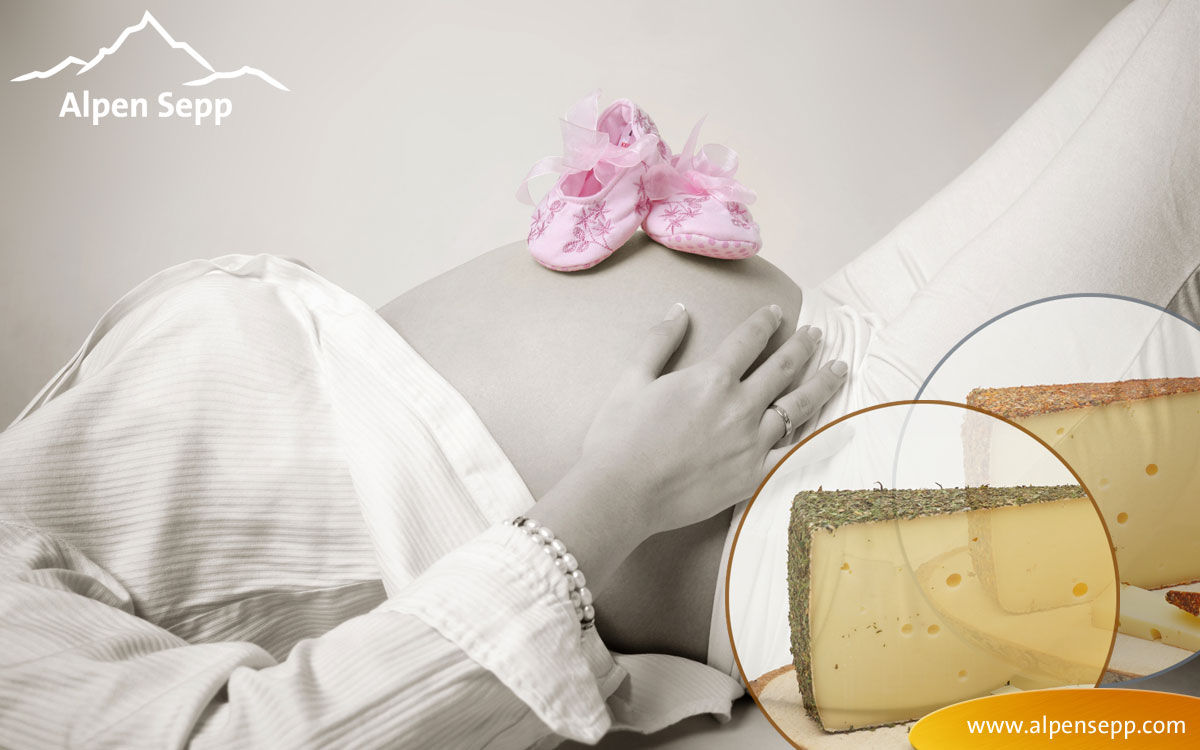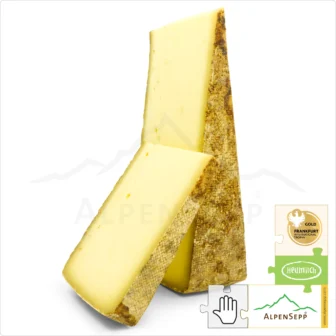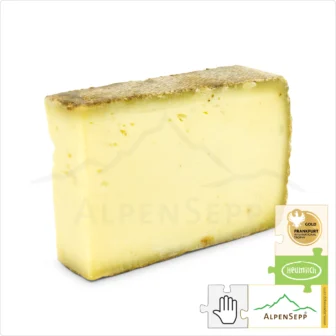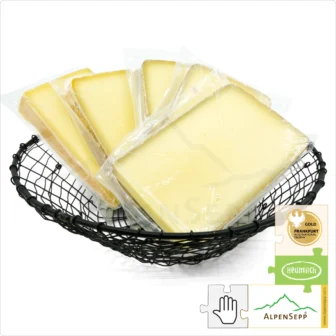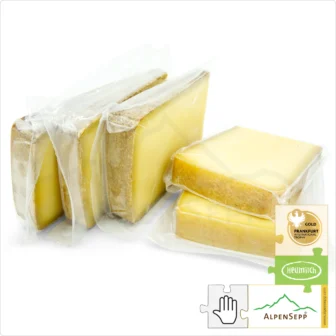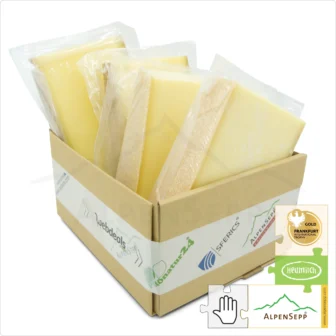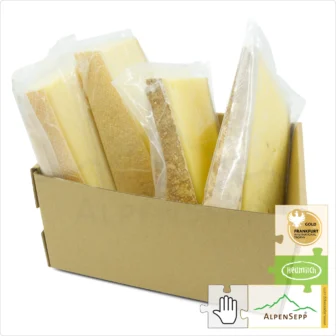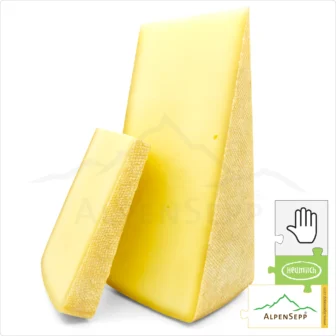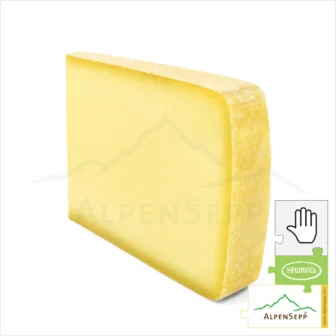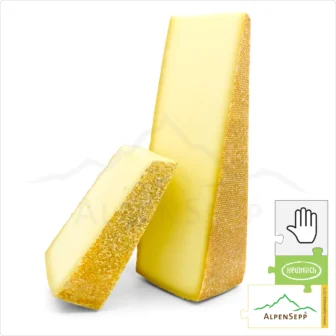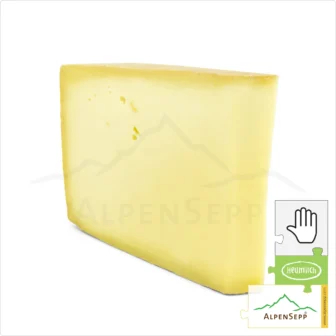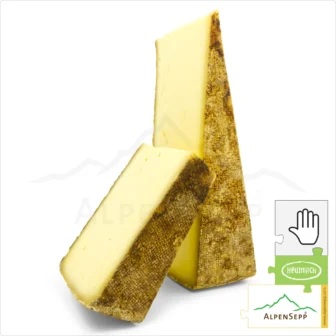News
Danger from raw milk cheese and listeria during pregnancy?
Information on “No raw milk products during pregnancy”
Especially during pregnancy one thing is of great importance – a balanced and healthy diet. During this time, the pregnant woman must not only take care of her own body, but also of the child’s body and its nutrients. Through food there is always the danger of transmitting pathogens to the unborn child. Therefore, this general recommendation is to avoid raw milkCheese milk is the milk intended for the production of cheese, also with the concomitant use of buttermilk products, cream products, sweet whey, sour whey and whey cream (whey cream) » More info and raw milk products – simply to keep this risk as low as possible.
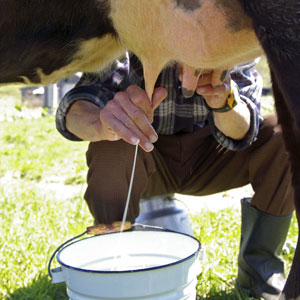
Distinction between pasteurised milk and untreated raw milk
We are often asked about this topic, because family planning is probably the topic of everyone’s life and the enjoyment of cheese is also part of the qualityDetecting cheese defects and quality - on the cheese dough. Recognizing cheese defects requires some practice. » More info of life for many people.
The big difference is the heatingDepending on the type of cheese, this cheese curd is then gently heated to 50-55 ° C in the copper kettle, so that the broken grain contracts further and loses even more whey, which is called "burning of the break ". » More info. In contrast to pasteurised milk, raw milk for raw milk cheeseThe cheese is made from fresh milk, which was not treated at the beginning of the cheese making process (raw milk). It is almost as it comes from the cow's udder. » More info is heated to a maximum of 40 °C. The temperature of raw milk for raw milk cheese is also 40 °C. MicroorganismsTo kill off any germs present in the milk, it is briefly heated and then immediately cooled again. » More info in the milk are not killed at these temperatures, so that the raw milk cheese can also contain these undesirable bacteriaBacterium Linens (red culture bacteria) are brushed with salt water on the cheese. » More info. The exception here is long matured hard cheeseThe Vorarlberger Bergkäse (mountain cheese) is a regional cheese specialty from the Austrian province Vorarlberg. » More info. Due to the long maturing period, this cheese no longer contains any undesirable microorganisms.
!
Without exception raw milk cheese at AlpenSepp
One of the open secrets for the high enjoyment factor of our Alpine cheese are the active, living microorganisms in the raw milk. Only with this “liveliness” is it possible to create this incredible taste. For this reason, some of our alpine dairies completely dispense with any additional heating and thus create true cheese dreams.
At the same time, however, this is associated with a significantly higher effort in cheese making, as our Alpine cheese remains a naturalHere in Austria, we call our fresh, natural milk for our cheese production hay milk (hay mild standard) - in Germany it is different. » More info product for which there are no constant factors. The raw milk alone is a completely different product depending on the season. The alpine dairyman has to take all this into account and thus creates something unbelievable. Cost-reducing automation is not possible under these conditions, so our cheese remains a craft.
Pasteurisation would greatly simplify all this and at the same time ruin the well-known high cheese enjoyment. Therefore NO to pasteurization!
What danger does raw milk cheese pose for pregnant women?
As raw milk for raw milk cheese is heated only slightly, it may contain pathogens such as ‘listeria’, which are killed by the usual heating of pasteurisation above 70 °C. The pasteurisation process is carried out at a temperature of 70 °C or more. Healthy people are usually not harmed by these pathogens. However, they can become a problem for pregnant women, infants or sick people. The infectious disease listeriosis is caused by listeria, which leads to flu-like symptoms, fatigue and poor performanceThe milk period is also called the lactation period. It is the time when farm animals such as cows, sheep or goats keep milk for milk production. » More info.
During pregnancy, infection with listeriosis can lead to premature birth or even death. In addition, listeria can be transmitted to the child and lead to inflammation of the brain and cerebral membrane, which can lead to mental and physical disabilities. In addition to listeria, Escherichia coli bacteria, salmonella or tuberculosis bacteria can also occur in raw milk and its products, which can also be harmful to the child.
Medical doctors therefore recommend in general that pregnant women should therefore avoid raw milk and raw milk products.
Alpine Cheese – safe during pregnancy!
Women in pregnancy and Alpine cheese from Alpen Sepp
Ultimately, it remains for the pregnant woman to decide whether she accepts the residual risk of a natural product. If the cheese enjoyment is reduced to long matured mountain cheese, it is practically impossible that it can come to an infection by listeria, especially if the cheese rindTo protect the cheese wheel, it is put into salt bath or turned into dry salt. The salt removes water from the cheese and it dries faster. So the rind is formed. » More info itself is not eaten. Nevertheless, our cheese is and remains a natural product.
Highest standard for absolute minimization of danger from listeria
- Highest food hygiene guidelines for contact with food – continuous hand cleaning during cheese washing, cheese storage and cheese handling.
- Listeria are possible during cheese production and multiply on the cheese rind. Fortunately, our dairy has had no problems with listeria so far, but controls are carried out continuously and the highest standards are applied in order to reduce the risk of listeria to a minimum.
- Toxoplasmosis is not possible with our alpine cheese. This is a hygiene issue in meat production and is mainly associated with cats and cat droppings.
Unsere Empfehlung für Ihren Käsegenuss auch in der Schwangerschaft
- Bevorzugen Sie harte Käsesorten wie unsere Sorten von Bergkäse – milder Berkäse (4 Monate) oder würziger Bergkäse (8 Monate, 12 Monate und 16 Monate) – diese sind unbedenklich.
- Sollten einer schwangeren Frau persönliche Bedenken bleiben, so empfehlen wir während der Schwangerschaft auf Käse aus Rohmilch zu verzichten. Wählen Sie einen Käse aus pasteurisierter Milch, auch wenn dies ein enormer Verlust an Käsegenuss bedeutet.
- Schneiden Sie die Rinde vor dem Verzehr ab. Sollten Listerien vorhanden sein, dann auf der Käserinde.
- Reiben Sie den Käse selbst, unmittelbar vor dem Verzehr.
Bestellen Sie einzeln vakuumierte Käsestücke (200 – 300 Gramm). - Achten Sie auf die eigene Sauberkeit in der Küche und Hygiene bei der Verarbeitung und Lagerung von Lebensmitteln. Händewaschen nicht vergessen!











